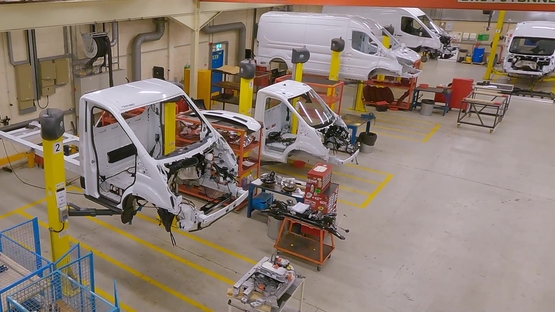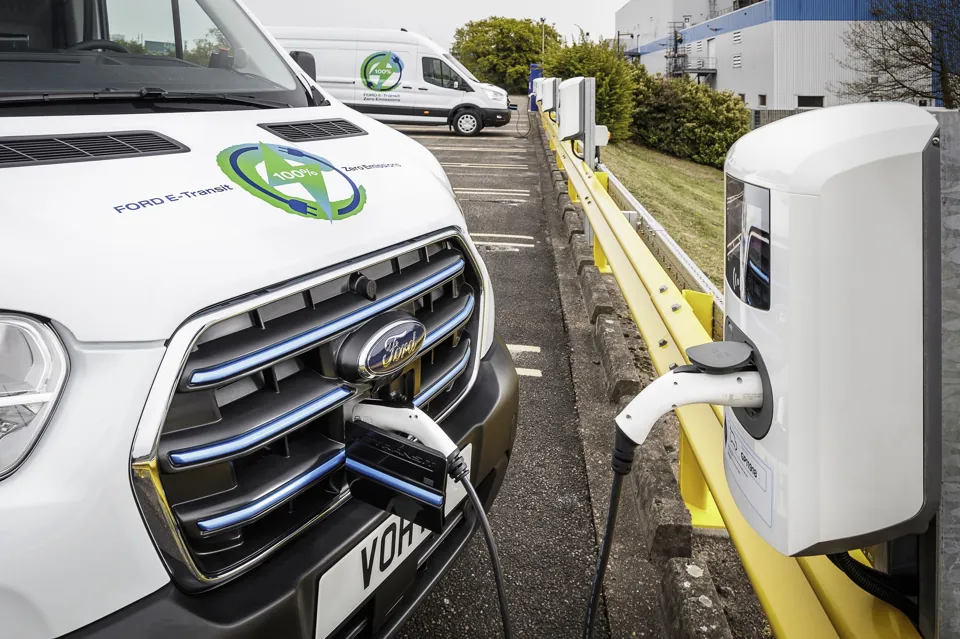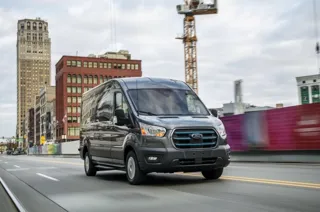Ford is launching the first European fleet trials of the new E-Transit, with prototype vehicles joining fleets to operate in real-world conditions.
Ford is keeping the names of the fleets involved under close wraps, but businesses in the supermarket, home delivery, postal services and utilities sectors in the UK, Germany and Norway will be taking part.
Andrew Mottram, E-Transit chief programme engineer for commercial vehicles at Ford, explained: “Real-world trials are an important step on our journey to deliver the all-electric E‑Transit and will give us an even better understanding of how to help customers across different industries enhance their productivity using zero-emission power.”
Ford’s customer trials form part of an extensive development programme for the E‑Transit ahead of its launch in spring 2022.
Beginning towards the end of the summer this year, the trials have been designed to see how the electric van meet the demands of a wide range of operating scenarios.
Ford engineers will use data from the trials to help refine E‑Transit’s next-level connected vehicle technology and range management features to offer an optimised operating experience for customers, it says.
Prototype vehicles taking part in the trial – assembled at Ford’s global commercial vehicle centre of excellence in Dunton – will include E-Transit van and chassis cab variants with conversions including refrigerated bodies, box vans, dropsides and interior racking.

Fleets will be offered a choice of body, length, roof height and gross vehicle mass options from launch, giving 25 possible variants to suit a wide range of businesses.
The manufacturer says that E-Transit’s load area is common with diesel-powered Transit models for ease of conversion, and to allow Transit operators to reuse existing racking with the all-electric van.
A ProPower Onboard system delivers up to 2.3kW through standard plugs to power conversions and equipment in the cab and load area. Anticipated payload is up to 1,616kg for vans and up to 1,967kg for chassis cab models.
E-Transit’s all-electric powertrain delivers up to 200kW of power for a targeted WLTP range of up to 217 miles.
Ford also expects service cost of ownership to be approximately 40% lower compared with internal combustion engine-equipped models as a result of lower maintenance expenses.
The E-Transit trials come after Ford confimed its entire commercial vehicle range will be zero-emissions capable, electric or plug-in hybrid, by 2024, with two-thirds of Ford’s commercial vehicle sales expected to be all-electric or plug-in hybrid by 2030.
























Login to comment
Comments
No comments have been made yet.